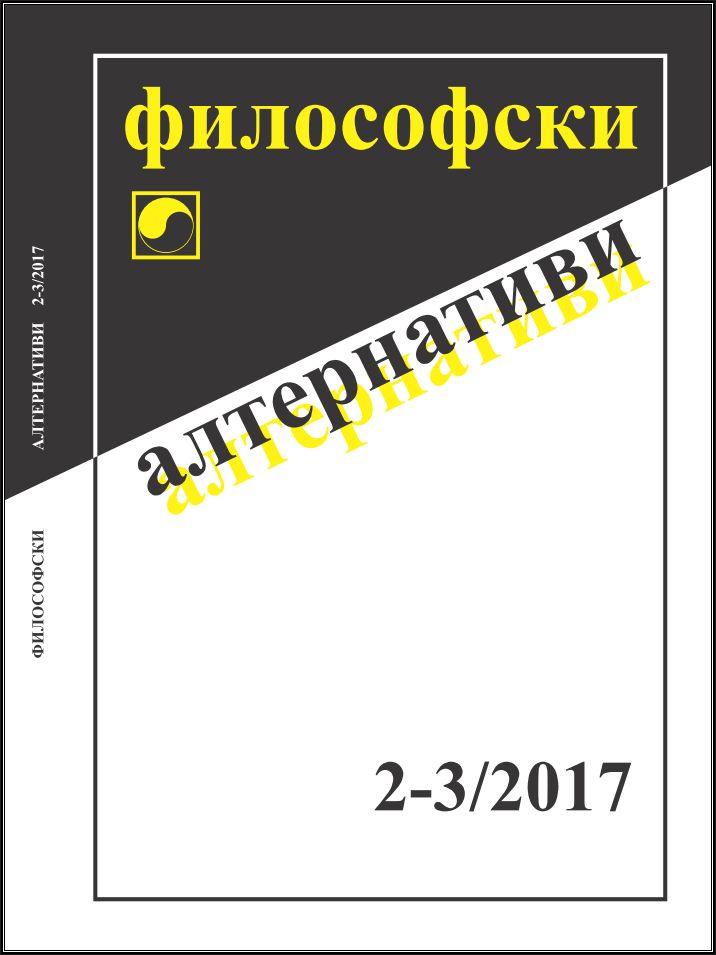Метафорика на вкуса: Пруст и Кант
Metaphorics of Taste: Proust and Кant
Author(s): Victoria KirilovaSubject(s): Philosophy, Literary Texts, History of Philosophy, Philosophical Traditions, Metaphysics, Aesthetics, Novel, Theory of Literature
Published by: Институт по философия и социология при БАН
Keywords: taste; metaphor; madeleine; involuntary memory; Immanuel Kant; Marcel Proust
Summary/Abstract: Our assumption is that the aesthetic concept of taste is a metaphor. Aesthetic perception occurs precisely when taste is understood as something different from tasting, although it is metaphorically connected precisely with the latter. As a metaphor, taste arises through both the similarity and the difference between concept and sensation, so that the indirect meaning overbuilds the literal one without negating it, and the relationship between the two remains. We consider taste as a metaphor in Marcel Proust’s "In Search of Lost Time". In our view, the important aspect here is the relationship in question and the distinction drawn between state of mind and sensation. We are referring to the sensory dimension of taste (tasting) and its metaphorical transformation into concept and experience. It is a basic aspect, which actually marks the beginning of "In Search of Lost Time". In the first part, entitled "Combray", the narrator talks about the taste of a small cake called “petite madeleine” and the unconscious reason which provokes the pleasure caused by an extraordinary similarity. The same episode is examined in Time Regained as part of the overall conception of "In Search of Lost Time". The sudden similarity occurs between two sensations and between two otherwise different moments. Thus, the particular state is identified, whereby an unknown but very valuable essence is expressed. We assume that in the episode of the small madeleine, taste actually represents the way of manifestation of all the moments associated with the advantage of involuntary memory (la memoire involontaire), insofar as through it is manifested the hidden nature of things that had not been experienced before. This is possible, even though the manifestation of the essence has no logical explanation and the unknown state transcends the boundaries of conceivable experience. We associate this idea with Kant’s aesthetic concept of taste, which is a metaphor, because of the similarity of characteristics, and insofar as the metaphor expresses essence in "In Search of Lost Time".
Journal: Философски алтернативи
- Issue Year: XXVI/2017
- Issue No: 2-3
- Page Range: 85-119
- Page Count: 35
- Language: Bulgarian
- Content File-PDF

